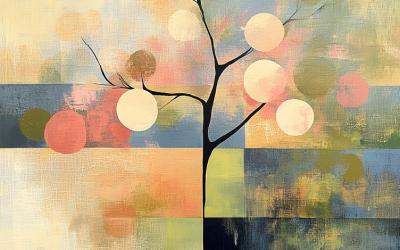
On the Term "Sanctuary" and Presenting the Communion Elements
Our church renovation committee has been talking about our sanctuary. One of our members thinks this term is misleading. Is “sanctuary” a good term to use in church architecture?The term “sanctuary” can be misleading if people begin to think that the worship space is in itself more sacred or sanctified than other spaces.
